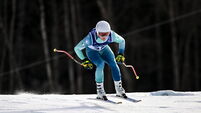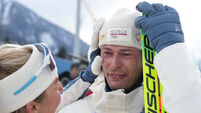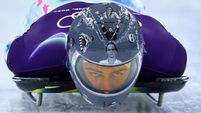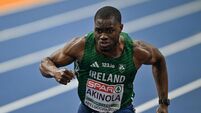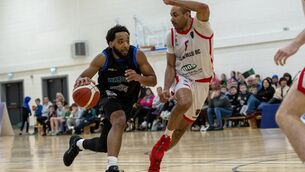Derval O'Rourke: I was asked right after an event at one Olympics ‘how bad was that?’
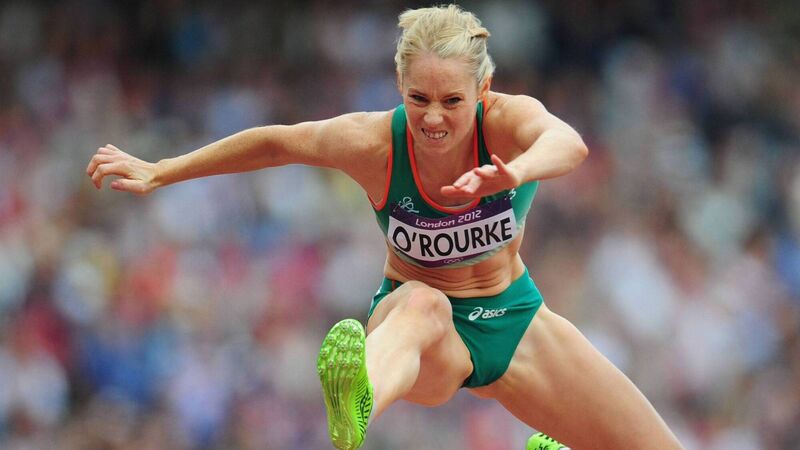
TOP OF HER GAME: Derval O’Rourke in the Women’s 100m Hurdles heat at the 2012 London Olympic Games. She revealed that facing media directly after such races was extremely challenging.
The rumbling, rolling sports controversy of the week? Easy.




